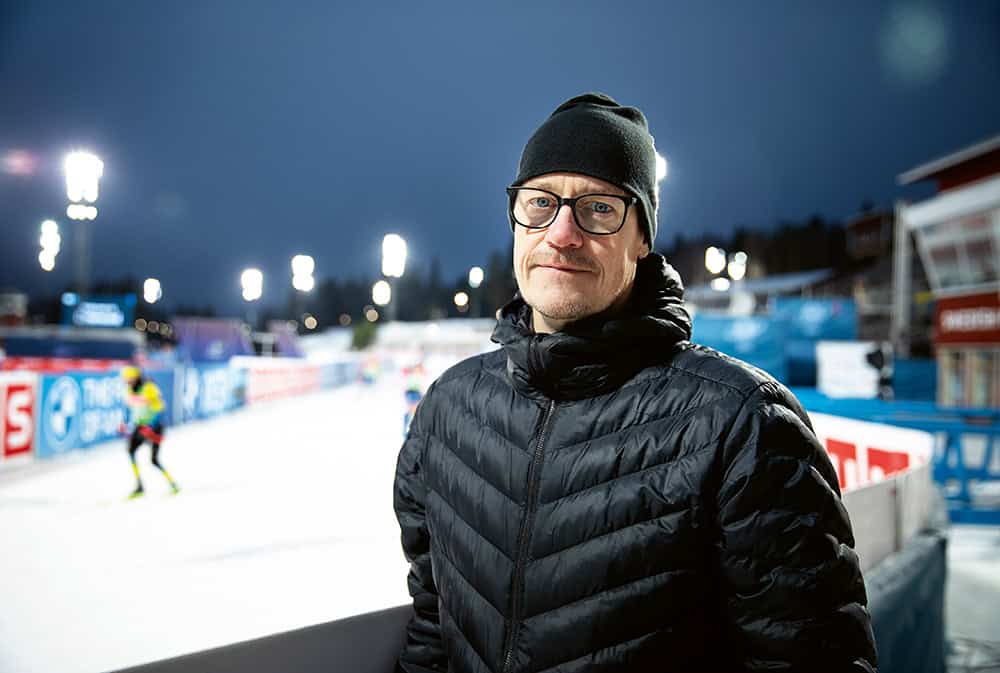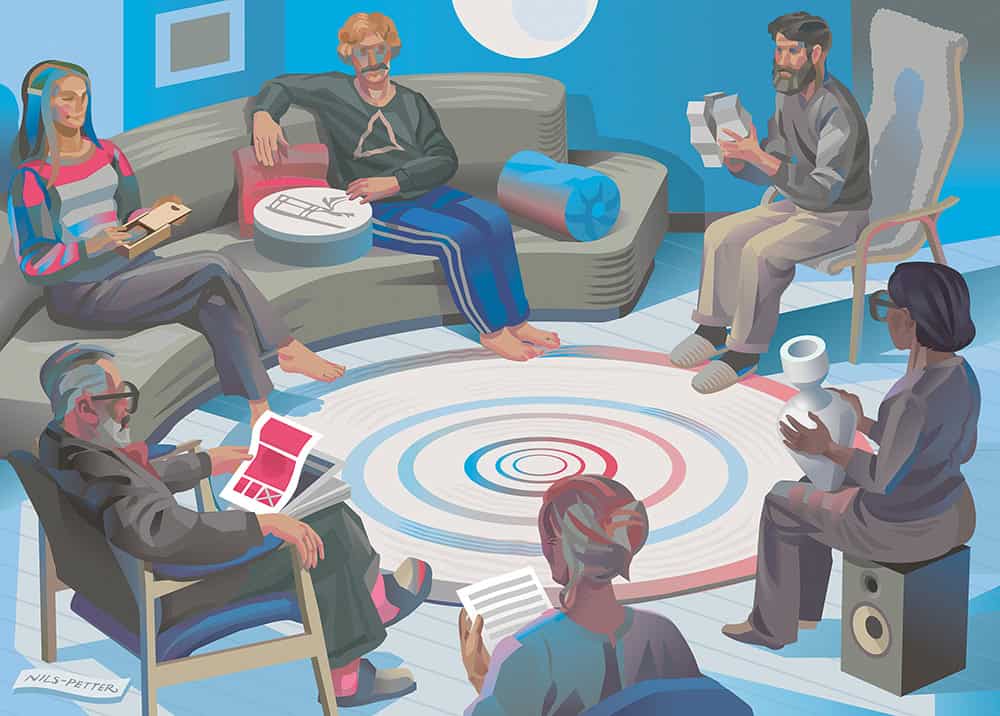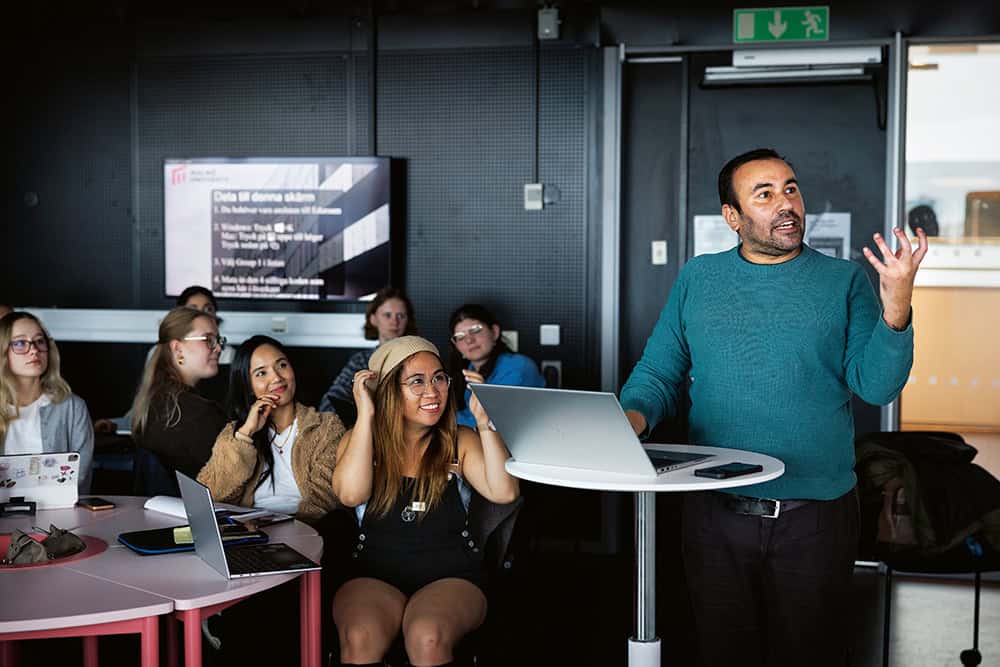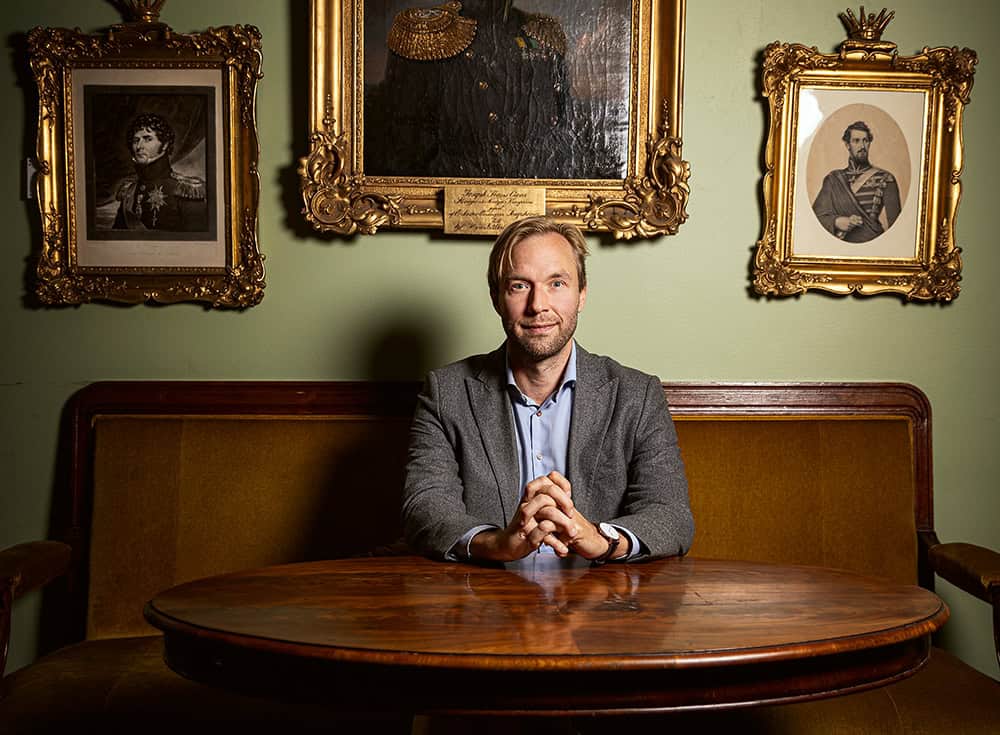When Universitetsläraren reaches Charlotte Silander by phone, she is 1450 kilometres from Luleå, on her way from her home outside Sölvesborg to Linnaeus University in Växjö, where she is a docent of political science. She has published a number of research articles on gender equality initiatives in academia in the Nordic countries.
One of the two types of measure with the greatest effect on increasing the number of women in top positions in higher education is investment like that for associate professors at Luleå University of Technology, where money is earmarked for people of the underrepresented gender. In Luleå’s case, the investment has been used to give female associate professors around 50 per cent research time over two years.
But such initiatives, where affirmative action is intended to compensate for the fact that women have not had the same opportunities historically as men, are not very common in Sweden.
“Most merit-based qualification programmes that I have seen and lectured on are based on the idea that women need to learn things and network,” says Silander. “But if you don’t allocate time and money, there is significantly less likelihood of the programmes having a positive effect.”
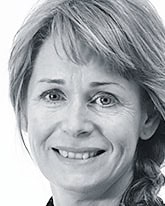
Charlotte Silander
Docent of political science at Linnaeus University in Växjö
She thinks that Sweden has a lot to learn from Norway, where affirmative action for the underrepresented gender is used more, and, for example, recruitment targets are linked to money.
The second type of investment that has the greatest effect, according to Silander’s research, is that the university has a gender equality office or a gender equality officer. Their mandate and responsibility can reinforce and support all the various institutional efforts made by a higher education institution.
There is no shortage of research-based knowledge about gender equality within academia in Sweden. Like the students at Luleå University of Technology, Charlotte Silander thinks it is high time to broaden the perspective and also look at how foreign and minority backgrounds impact career opportunities in the higher education sector.
“On the research front, there’s nothing! Or rather, there’s only been sporadic stuff done. Only now are things starting to happen.”

